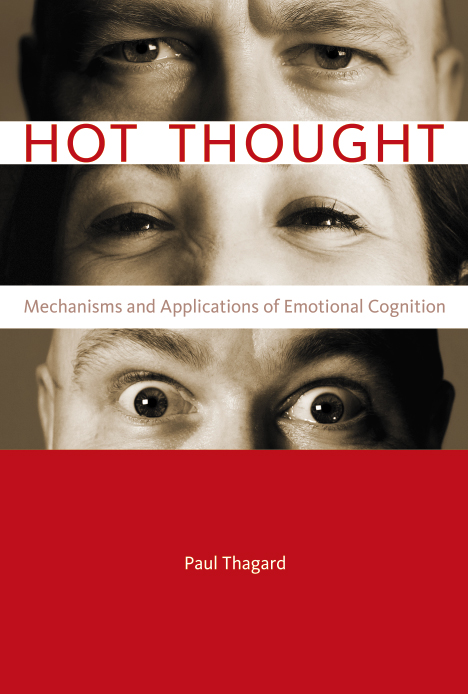
I haven't been able to find the real list... The following is taken from the widely circulated spoof list which was probably just compiled from a list of commonly banned books. I've starred my personal favorites.
A Clockwork Orange by Anthony Burgess *
A Wrinkle in Time by Madeleine L'Engle *
Annie on My Mind by Nancy Garden
As I Lay Dying by William Faulkner
Blubber by Judy Blume
Brave New World by Aldous Huxley *
Bridge to Terabithia by Katherine Paterson
Canterbury Tales by Chaucer
Carrie by Stephen King
Catch-22 by Joseph Heller *
Christine by Stephen King
Confessions by Jean-Jacques Rousseau
Cujo by Stephen King
Curse Hexes and Spells by Daniel Cohen
Daddys Roommate by Michael Willhoite
Day No Pigs Would Die by Robert Peck
Death of a Salesman by Arthur Miller *
Decameron by Boccaccio
East of Eden by John Steinbeck
Fallen Angels by Walter Myers
Fanny Hill (Memoirs of a Woman of Pleasure) by John Cleland *
Flowers For Algernon by Daniel Keyes
Forever by Judy Blume
Grendel by John Champlin Gardner
Halloween ABC by Eve Merriam
Harry Potter and the Sorcerer's Stone by J.K. Rowling
Harry Potter and the Chamber of Secrets by J.K. Rowling
Harry Potter and the Prizoner of Azkaban by J.K. Rowling
Harry Potter and the Goblet of Fire by J.K. Rowling
Have to Go by Robert Munsch
Heather Has Two Mommies by Leslea Newman *
How to Eat Fried Worms by Thomas Rockwell
Huckleberry Finn by Mark Twain *
I Know Why the Caged Bird Sings by Maya Angelou *
Impressions edited by Jack Booth
In the Night Kitchen by Maurice Sendak
It's Okay if You Don't Love Me by Norma Klein
James and the Giant Peach by Roald Dahl
Lady Chatterley's Lover by D.H. Lawrence *
Leaves of Grass by Walt Whitman
Little Red Riding Hood by Jacob and Wilhelm Grimm
Lord of the Flies by William Golding *
Love is One of the Choices by Norma Klein
Lysistrata by Aristophanes *
More Scary Stories in the Dark by Alvin Schwartz
My Brother Sam Is Dead by James Lincoln Collier and Christopher Collier
My House by Nikki Giovanni
My Friend Flicka by Mary O'Hara * (Oh come on, this one was never banned!)
Night Chills by Dean Koontz
Of Mice and Men by John Steinbeck
On My Honor by Marion Dane Bauer
One Day in The Life of Ivan Denisovich by Alexander Solzhenitsyn
One Flew Over The Cuckoo's Nest by Ken Kesey
One Hundred Years of Solitude by Gabriel Garcia Marquez
Ordinary People by Judith Guest
Our Bodies, Ourselves by Boston Women's Health Collective *
Prince of Tides by Pat Conroy
Revolting Rhymes by Roald Dahl
Scary Stories 3: More Tales to Chill Your Bones by Alvin Schwartz
Scary Stories in the Dark by Alvin Schwartz
Separate Peace by John Knowles *
Silas Marner by George Eliot
Slaughterhouse-Five by Kurt Vonnegut, Jr. *
Tarzan of the Apes by Edgar Rice Burroughs
The Adventures of Huckleberry Finn by Mark Twain *
The Adventures of Tom Sawyer by Mark Twain *
The Bastard by John Jakes
The Catcher in the Rye by J.D. Salinger
The Chocolate War by Robert Cormier
The Color Purple by Alice Walker
The Devil's Alternative by Frederick Forsyth
The Figure in the Shadows by John Bellairs
The Grapes of Wrath by John Steinbeck
The Great Gilly Hopkins by Katherine Paterson
The Handmaid's Tale by Margaret Atwood *
The Headless Cupid by Zilpha Snyder
The Learning Tree by Gordon Parks
The Living Bible by William C. Bower
The Merchant of Venice by William Shakespeare
The New Teenage Body Book by Kathy McCoy and Charles Wibbelsman
The Pigman by Paul Zindel
The Seduction of Peter S. by Lawrence Sanders
The Shining by Stephen King
The Witches by Roald Dahl
The Witches of Worm by Zilpha Snyder
Then Again, Maybe I Won't by Judy Blume *
To Kill A Mockingbird by Harper Lee
Twelfth Night by William Shakespeare
Webster's Ninth New Collegiate Dictionary
Witches, Pumpkins...Halloween Symbols by Edna Barth








